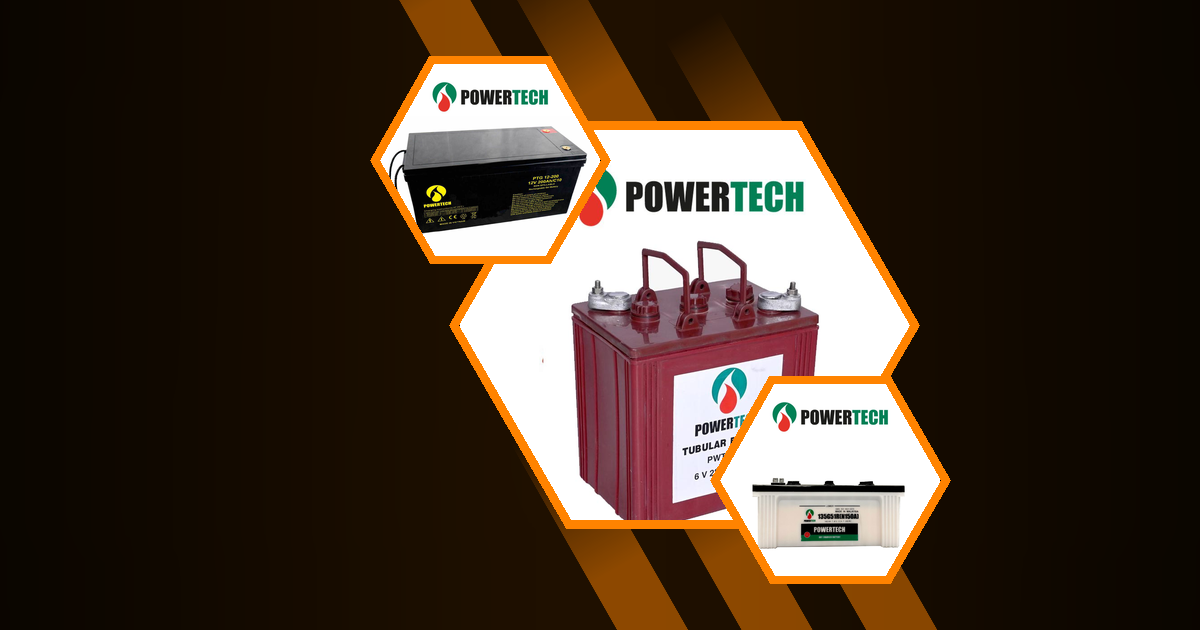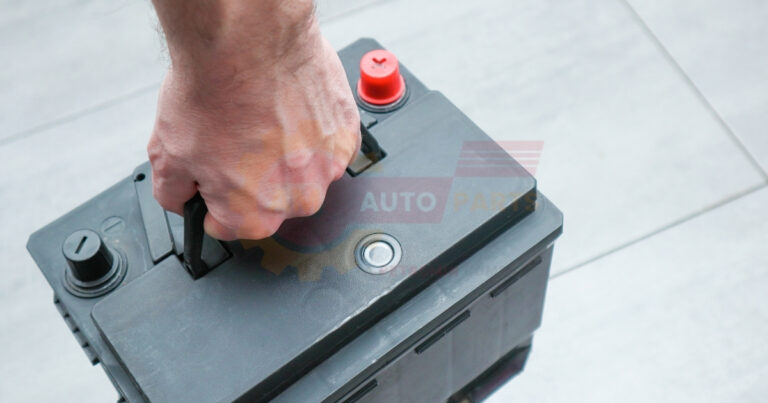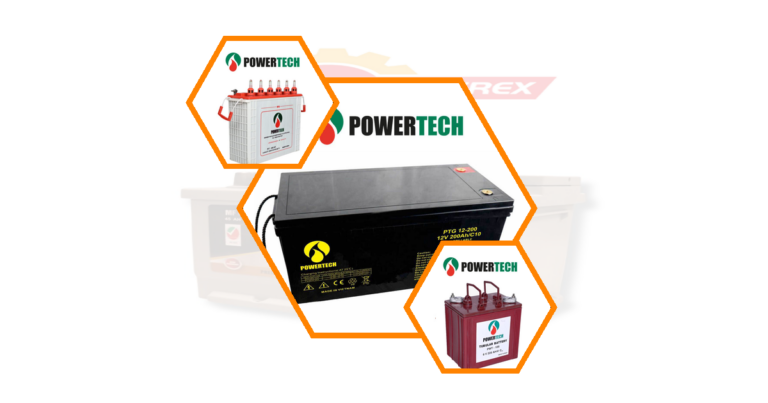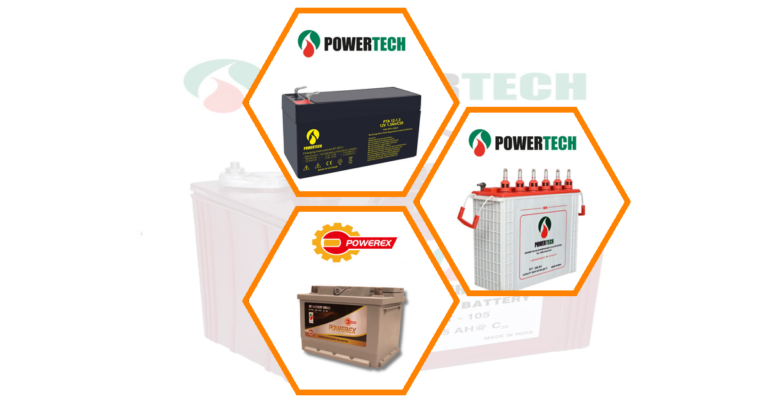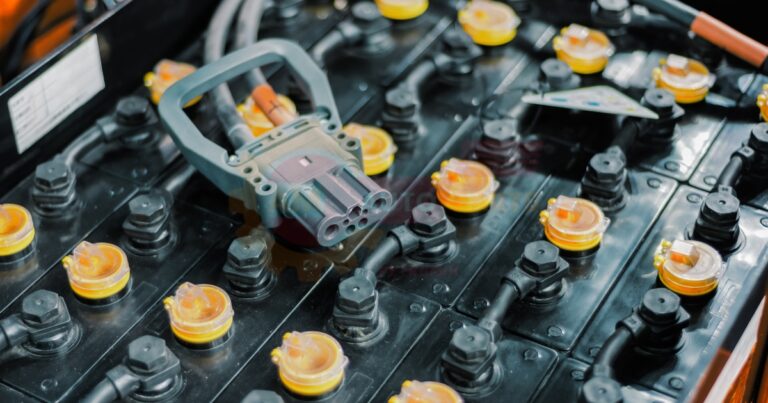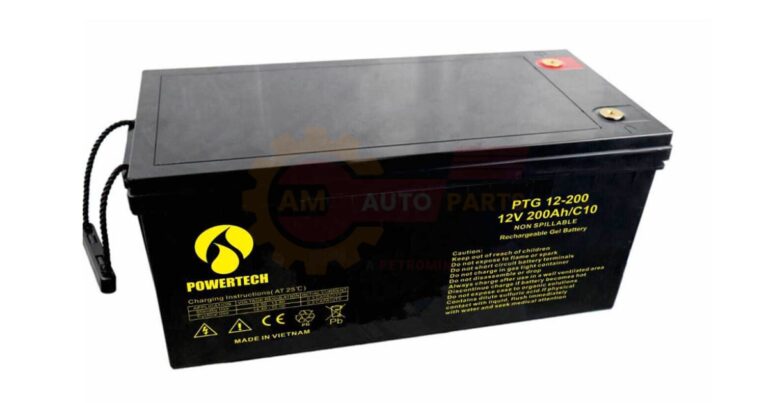RV Battery Capacity and Energy Requirements
Calculating Your RV’s Power Consumption
Understanding your RV’s power consumption is crucial for determining the right battery capacity. Start by listing all the electrical devices you use in your RV, such as lights, refrigerator, and air conditioning. Calculate the wattage each device consumes and multiply it by the number of hours you use it daily. This will give you a clear picture of your daily energy needs.
- List all electrical devices in your RV.
- Calculate the wattage of each device.
- Multiply wattage by hours of use to find daily energy consumption.
Assessing Battery Capacity Needs for Different RV Lifestyles
Different RV lifestyles demand varying battery capacities. For instance, full-time RVers who boondock frequently will need more battery capacity compared to weekend campers who stay at campgrounds with electrical hookups. Consider your travel habits and energy usage to determine the appropriate battery capacity for your needs.
- Full-time RVers vs. weekend campers.
- Boondocking vs. campground stays.
- Tailor battery capacity to your lifestyle.
The Importance of Deep-Cycle Batteries for RVs
Deep-cycle batteries are essential for RVs because they provide a steady amount of power over a long period. Unlike car batteries, which deliver a short burst of energy, deep-cycle batteries are designed to be discharged and recharged repeatedly, making them ideal for RV applications.
- Provide steady power over time.
- Designed for repeated discharge and recharge.
- Essential for reliable RV energy supply.
Types of Deep-Cycle Batteries for RV Applications
Lead-Acid vs. Lithium-Ion Deep-Cycle Batteries
Lead-acid and lithium-ion are the two main types of deep-cycle batteries used in RVs. Lead-acid batteries are more affordable but require regular maintenance. Lithium-ion batteries, on the other hand, are more expensive but offer longer lifespan and higher efficiency.
- Lead-acid: affordable, requires maintenance.
- Lithium-ion: expensive, longer lifespan, higher efficiency.
- Choose based on budget and maintenance preference.
Flooded, AGM, and Gel Cell Battery Options
Flooded, AGM (Absorbent Glass Mat), and Gel Cell are variations of lead-acid batteries. Flooded batteries are the most common and require regular water level checks. AGM batteries are maintenance-free and have a longer lifespan. Gel Cell batteries are similar to AGM but are more resistant to extreme temperatures.
- Flooded: common, requires water checks.
- AGM: maintenance-free, longer lifespan.
- Gel Cell: temperature resistant, similar to AGM.
Pros and Cons of Each Battery Type for RVs
Each battery type has its advantages and disadvantages. Lead-acid batteries are cost-effective but require maintenance. Lithium-ion batteries are efficient and long-lasting but come with a higher price tag. Consider these factors when choosing the right battery for your RV.
- Lead-acid: cost-effective, maintenance required.
- Lithium-ion: efficient, long-lasting, expensive.
- Balance cost, maintenance, and efficiency.
Upgrading Your RV Battery Bank for Increased Capacity
Parallel vs. Series Battery Connections
When upgrading your RV battery bank, you can connect batteries in parallel or series. Parallel connections increase capacity while maintaining voltage, whereas series connections increase voltage while maintaining capacity. Choose the configuration that best suits your energy needs.
- Parallel: increases capacity, maintains voltage.
- Series: increases voltage, maintains capacity.
- Select based on energy requirements.
Mixing Battery Types and Capacities
Mixing different battery types and capacities is generally not recommended. It can lead to uneven charging and discharging, reducing the overall efficiency and lifespan of your battery bank. Stick to the same type and capacity for optimal performance.
- Avoid mixing battery types and capacities.
- Ensures even charging and discharging.
- Promotes efficiency and longevity.
Safety Considerations When Upgrading RV Batteries
Safety is paramount when upgrading your RV batteries. Ensure proper ventilation to prevent gas buildup, use appropriate wiring and connectors, and follow manufacturer guidelines. Regularly inspect your battery bank for signs of wear or damage.
- Ensure proper ventilation.
- Use correct wiring and connectors.
- Follow manufacturer guidelines for safety.
Maximizing RV Battery Life and Performance
Proper Charging and Maintenance Techniques
Proper charging and maintenance are key to maximizing your RV battery’s life. Use a quality charger that matches your battery type, and avoid overcharging or deep discharging. Regularly clean terminals and check for corrosion.
- Use a quality charger.
- Avoid overcharging and deep discharging.
- Clean terminals and check for corrosion.
Temperature Effects on Battery Capacity and Lifespan
Temperature can significantly impact battery capacity and lifespan. Extreme heat can cause batteries to overheat, while cold temperatures can reduce their efficiency. Store and operate your batteries within the recommended temperature range.
- Extreme heat can cause overheating.
- Cold temperatures reduce efficiency.
- Maintain recommended temperature range.
Using Battery Monitoring Systems for Optimal Performance
Battery monitoring systems help track your battery’s state of charge, voltage, and overall health. These systems provide real-time data, allowing you to make informed decisions about energy usage and maintenance.
- Track state of charge and voltage.
- Provides real-time data.
- Informs energy usage and maintenance decisions.
Integrating Renewable Energy Sources with RV Batteries
Solar Panel Systems for RV Battery Charging
Solar panel systems are a popular choice for charging RV batteries. They provide a renewable energy source that can keep your batteries charged while off-grid. Consider the size and efficiency of the solar panels to match your energy needs.
- Renewable energy source.
- Keeps batteries charged off-grid.
- Match panel size and efficiency to needs.
Wind and Portable Generator Options
Wind turbines and portable generators are alternative energy sources for RVs. Wind turbines are effective in windy areas, while generators provide reliable power when solar or wind energy is insufficient.
- Wind turbines: effective in windy areas.
- Generators: reliable backup power.
- Use when solar or wind is insufficient.
Balancing Energy Input and Output in Your RV
Balancing energy input and output is crucial for efficient RV energy management. Monitor your energy consumption and adjust your renewable energy sources accordingly to maintain a stable power supply.
- Monitor energy consumption.
- Adjust renewable sources as needed.
- Maintain stable power supply.
Cost Considerations
Initial Investment vs. Long-Term Savings
Upgrading your RV battery capacity involves an initial investment, but it can lead to long-term savings. Efficient batteries reduce the need for frequent replacements and lower energy costs, making them a cost-effective choice over time.
- Initial investment required.
- Long-term savings on replacements and energy.
- Cost-effective choice over time.
Warranty and Replacement Costs
Consider the warranty and replacement costs when choosing RV batteries. A good warranty can provide peace of mind and protect your investment. Compare replacement costs to ensure you’re getting the best value.
- Check warranty terms.
- Protects your investment.
- Compare replacement costs for value.
DIY vs. Professional Installation
Decide between DIY and professional installation based on your skills and comfort level. DIY installation can save money, but professional installation ensures safety and proper setup. Weigh the pros and cons to make an informed decision.
- DIY: cost-saving, requires skills.
- Professional: ensures safety and setup.
- Weigh pros and cons for decision.
Troubleshooting Common RV Battery Issues
Identifying Signs of Battery Failure
Identifying signs of battery failure early can prevent further damage. Look for symptoms like slow charging, reduced capacity, and visible damage. Address these issues promptly to maintain battery performance.
- Slow charging and reduced capacity.
- Visible damage or leaks.
- Address issues promptly for performance.
Addressing Sulfation and Corrosion
Sulfation and corrosion are common issues in RV batteries. Sulfation occurs when lead sulfate crystals form on the battery plates, while corrosion affects the terminals. Regular maintenance and proper charging can prevent these problems.
- Sulfation: lead sulfate crystals on plates.
- Corrosion: affects terminals.
- Prevent with maintenance and charging.
When to Replace vs. Repair RV Batteries
Deciding when to replace or repair RV batteries depends on the extent of the damage. Minor issues like corrosion can be repaired, but severe damage or reduced capacity may require replacement. Evaluate the cost and benefits of each option.
- Minor issues: repairable.
- Severe damage: consider replacement.
- Evaluate cost and benefits.
Future Trends in RV Battery Technology
Advancements in Lithium-Ion Battery Chemistry
Advancements in lithium-ion battery chemistry are improving efficiency and lifespan. New technologies are making these batteries more affordable and accessible for RV applications, offering better performance and reliability.
- Improved efficiency and lifespan.
- More affordable and accessible.
- Better performance and reliability.
Smart Battery Management Systems
Smart battery management systems are becoming more common in RVs. These systems optimize charging and discharging, monitor battery health, and provide real-time data to enhance performance and extend battery life.
- Optimize charging and discharging.
- Monitor battery health.
- Enhance performance and lifespan.
Integration with Electric Vehicle Technology
Integration with electric vehicle technology is a growing trend in RV batteries. This integration allows for more efficient energy management and the use of advanced battery technologies, improving overall RV performance.
- Efficient energy management.
- Use of advanced technologies.
- Improved RV performance.
Environmental Impact
Recycling and Proper Disposal of RV Batteries
Recycling and proper disposal of RV batteries are crucial for minimizing environmental impact. Lead-acid batteries are highly recyclable, and many facilities accept them for safe disposal. Always follow local regulations for battery disposal.
- Minimize environmental impact.
- Lead-acid batteries are recyclable.
- Follow local disposal regulations.
Eco-Friendly Battery Options for RVs
Eco-friendly battery options, such as lithium-ion, offer a more sustainable choice for RVs. These batteries have a lower environmental impact and longer lifespan, reducing waste and resource consumption.
- Sustainable choice for RVs.
- Lower environmental impact.
- Longer lifespan reduces waste.
Reducing Carbon Footprint Through Efficient Energy Use
Reducing your carbon footprint involves using energy efficiently in your RV. Opt for renewable energy sources like solar and wind, and choose energy-efficient appliances to minimize your environmental impact.
- Use energy efficiently.
- Opt for renewable sources.
- Choose energy-efficient appliances.
FAQs
What size battery do I need for my RV?
The size of the battery you need for your RV depends on your energy consumption and travel habits. Calculate your daily energy needs and choose a battery with sufficient capacity to meet those needs. Consider factors like the number of devices and the duration of your trips.
How long do RV batteries typically last?
RV batteries typically last between 3 to 5 years, depending on usage and maintenance. Proper care, such as regular charging and avoiding deep discharges, can extend their lifespan. Monitor your battery’s health to ensure optimal performance.
Can I use car batteries in my RV?
Car batteries are not suitable for RVs because they are designed for short bursts of energy. RVs require deep-cycle batteries that provide a steady power supply over time. Using car batteries in an RV can lead to premature failure and reduced efficiency.
How do I know if my RV batteries need to be replaced?
You can tell if your RV batteries need to be replaced by checking for signs like reduced capacity, slow charging, and visible damage. If your batteries are not holding a charge or showing physical wear, it may be time for a replacement.
